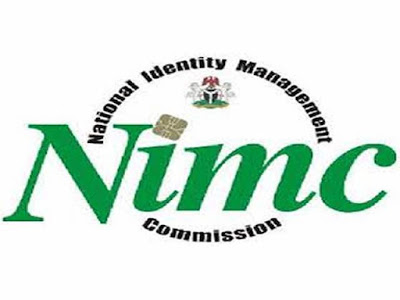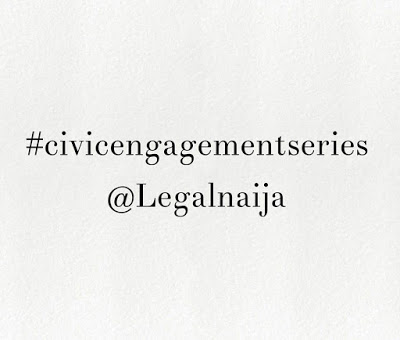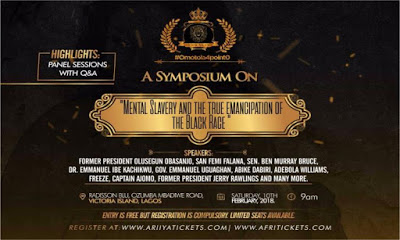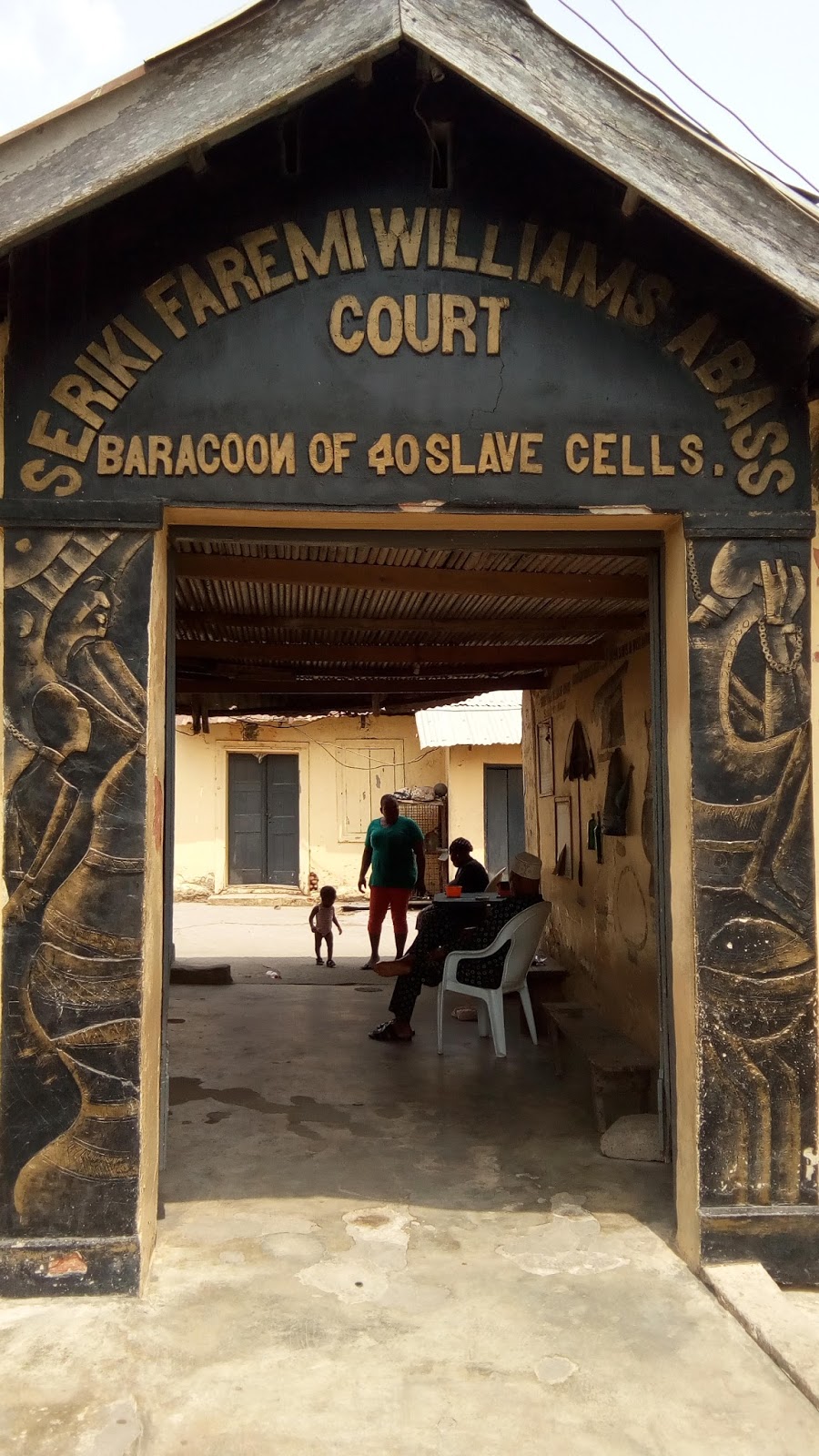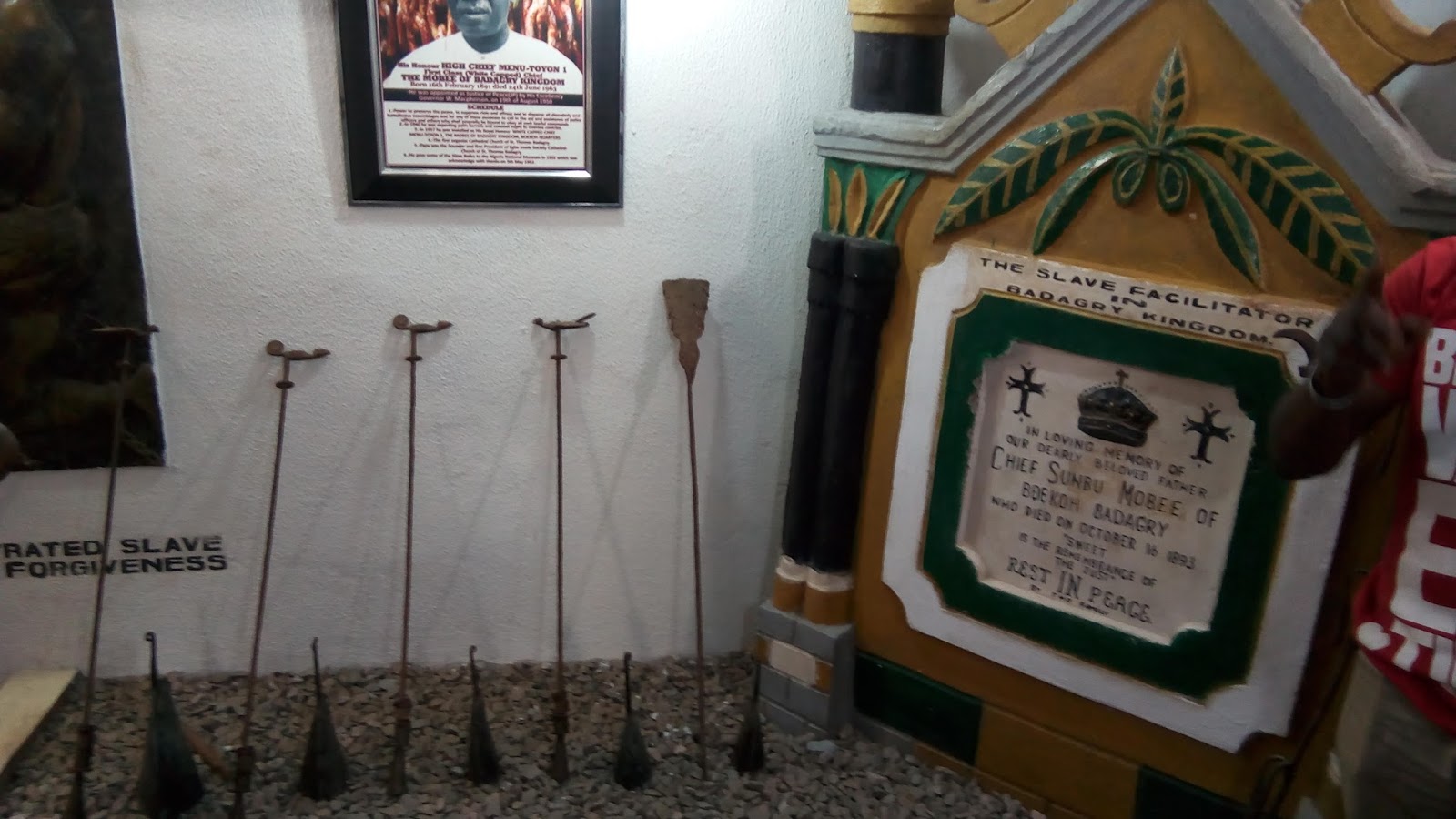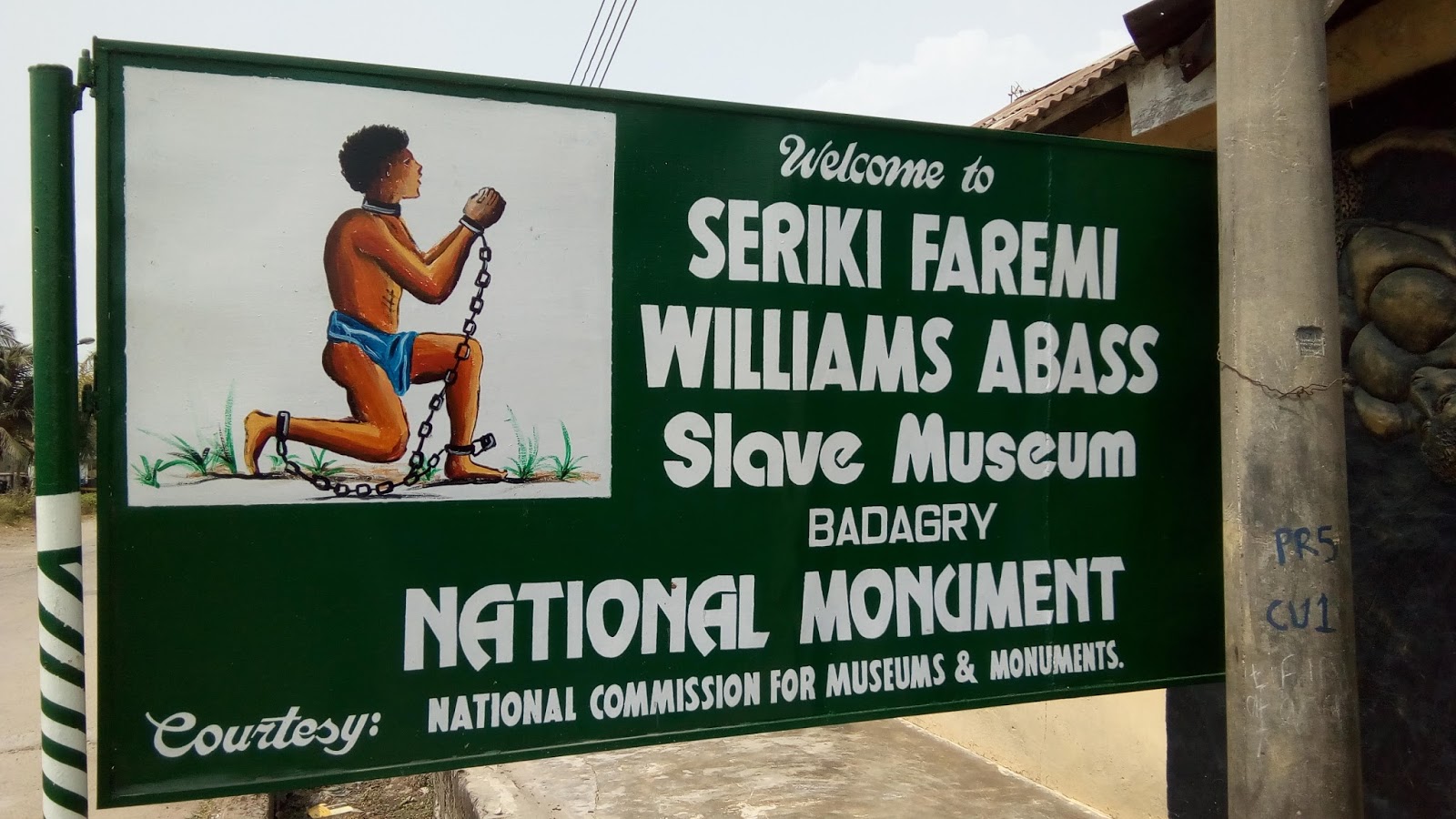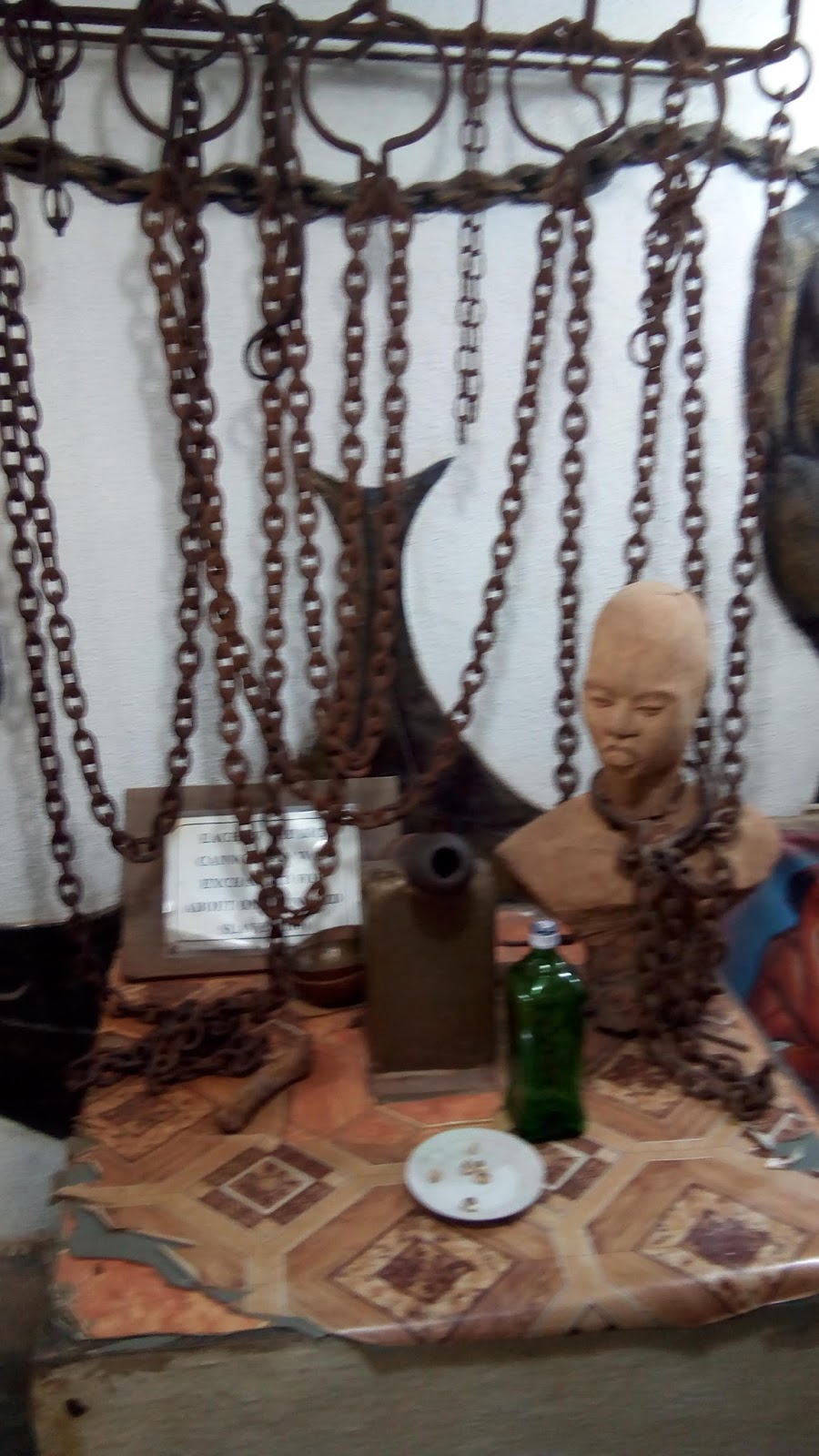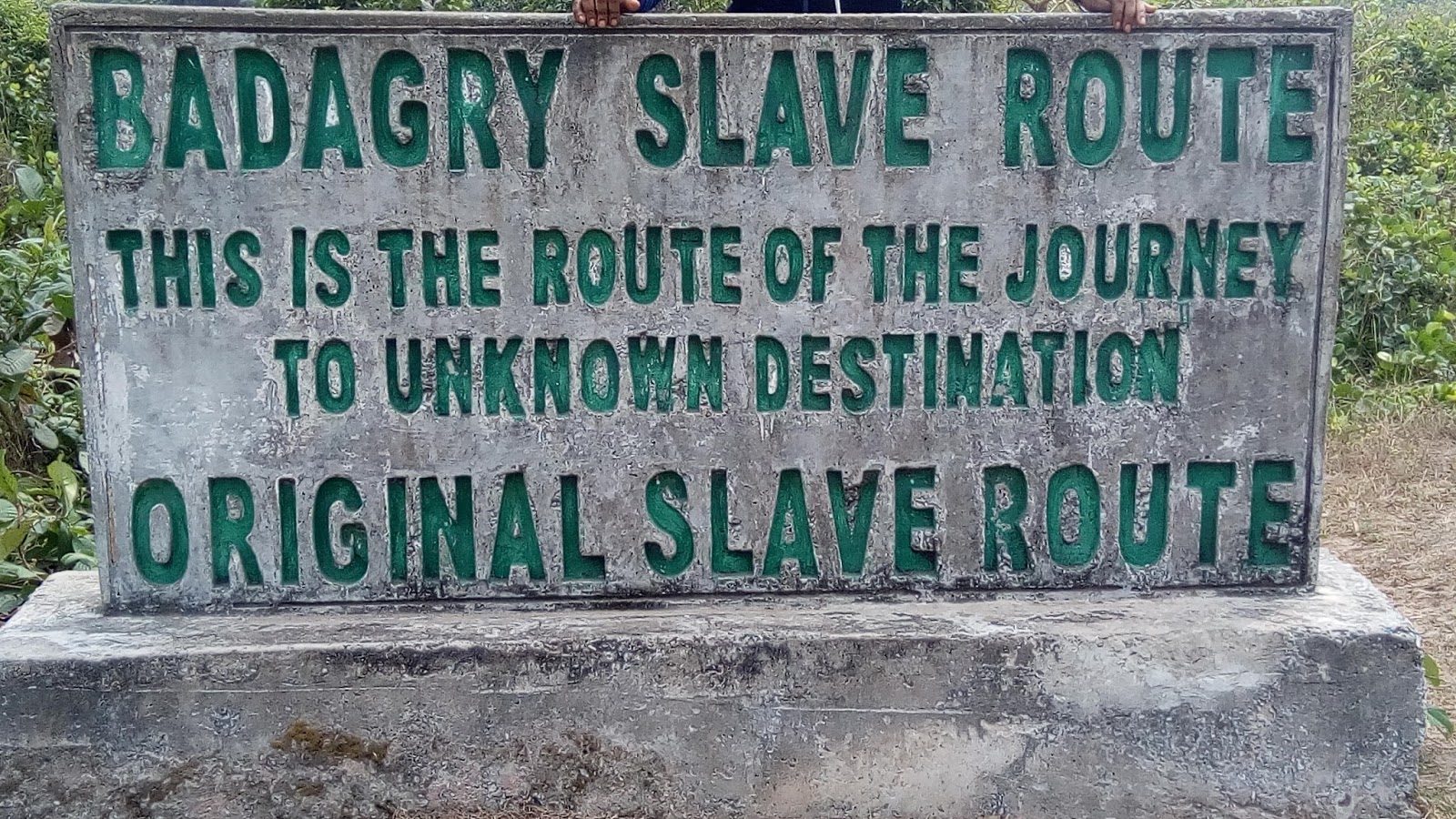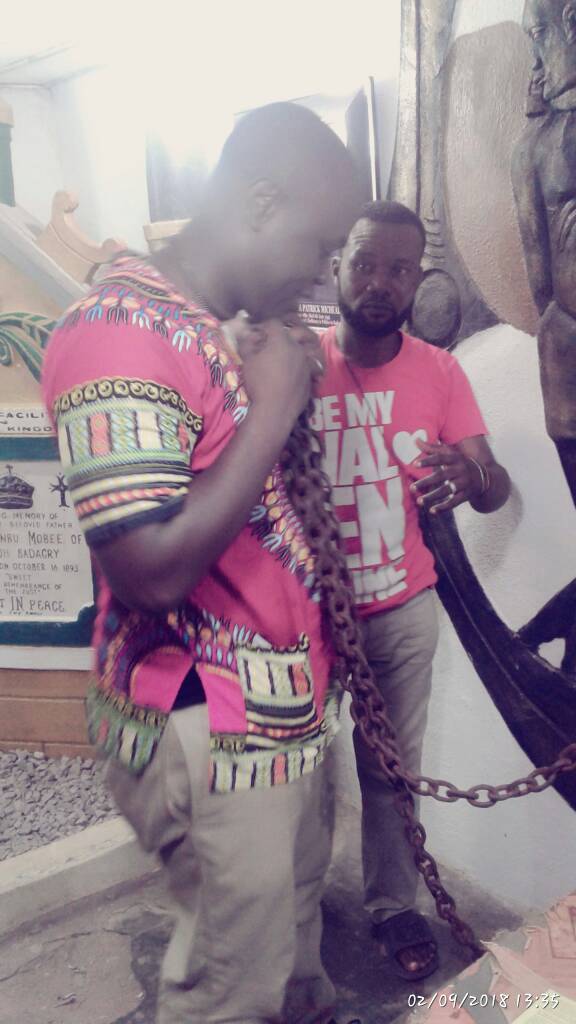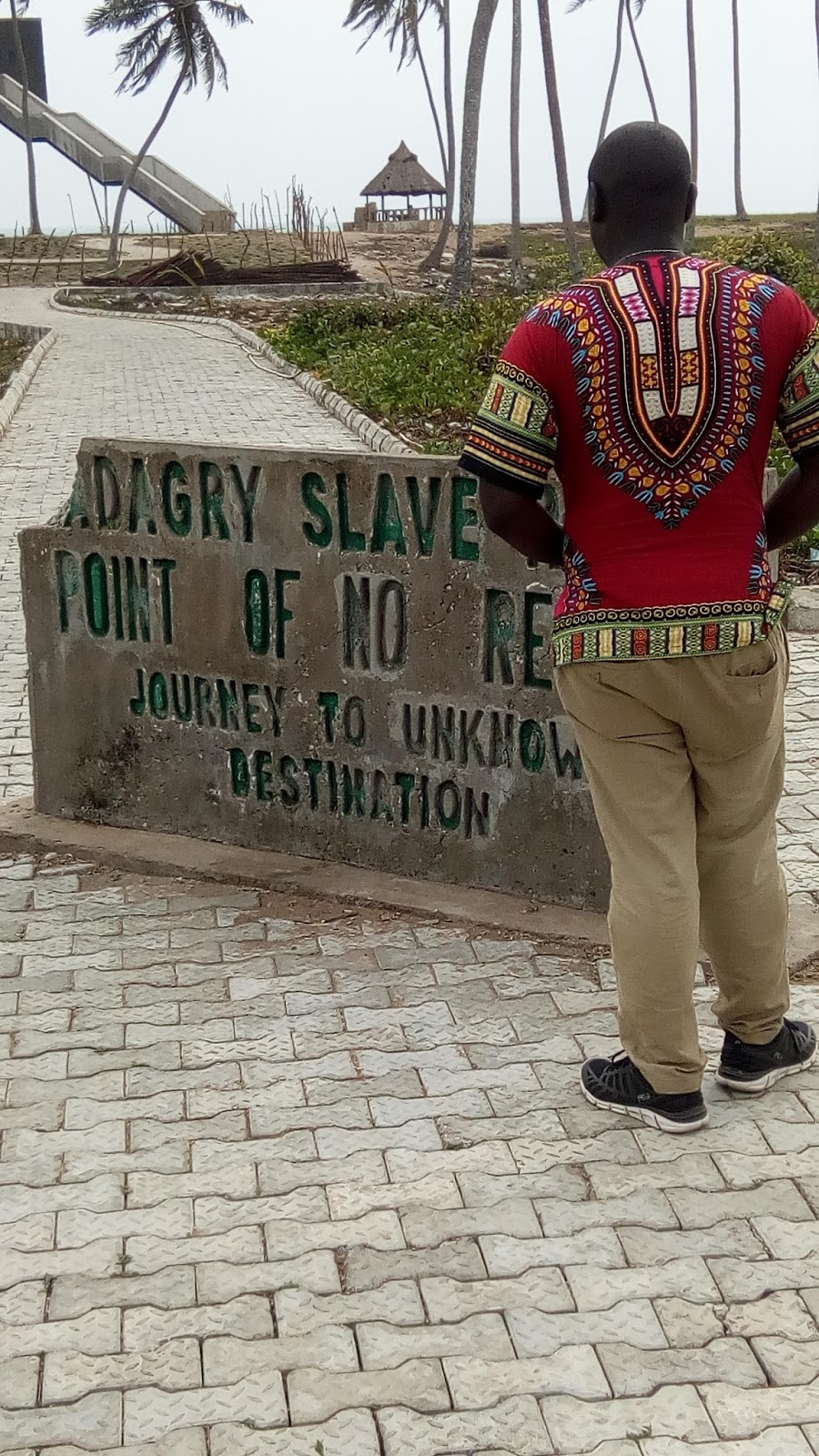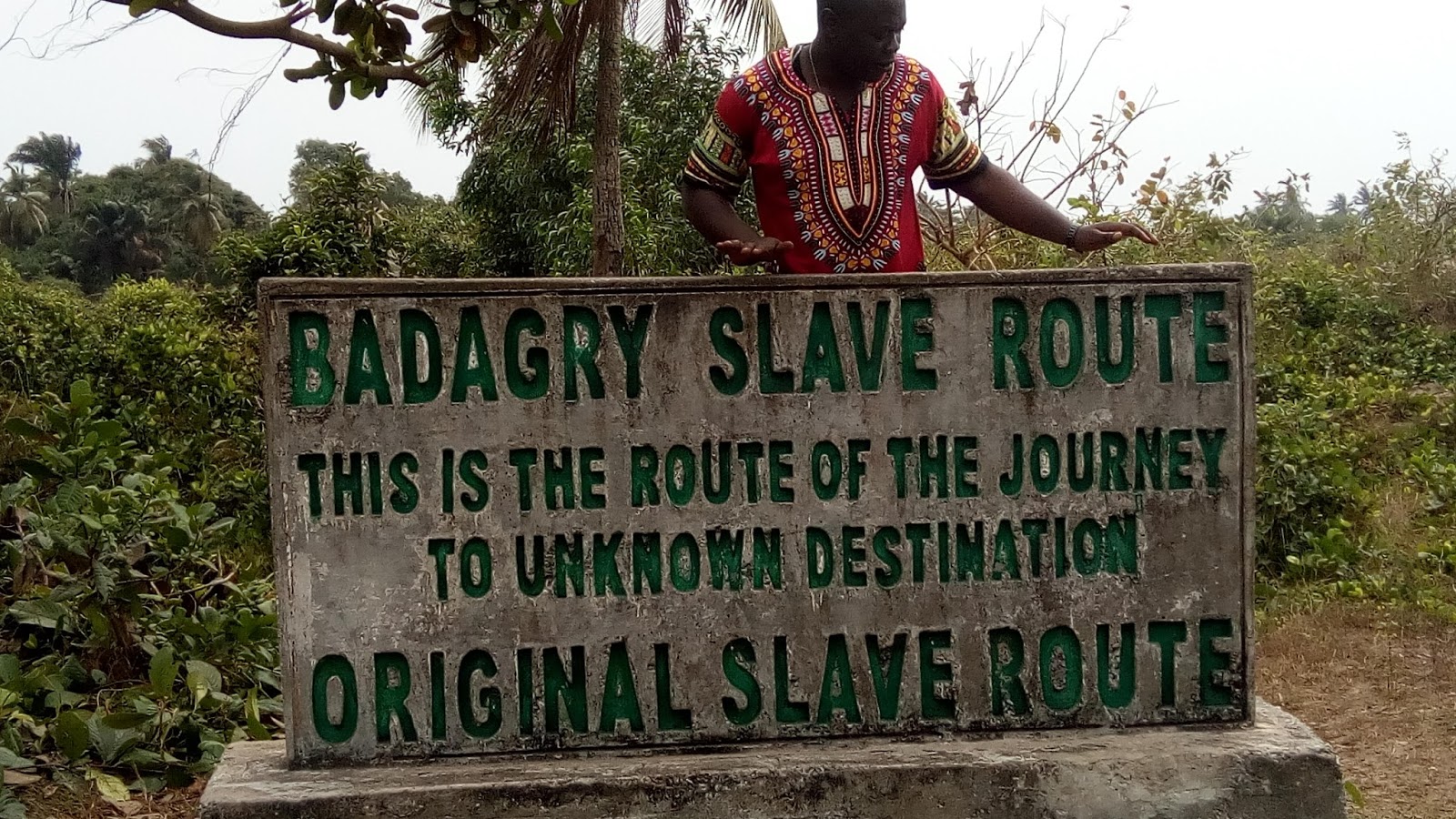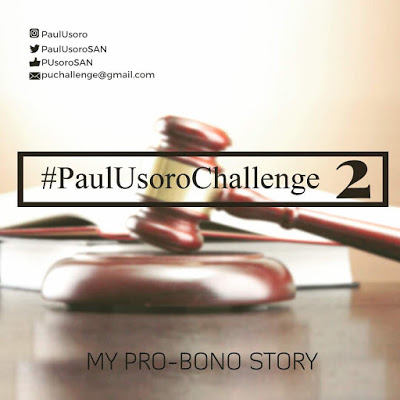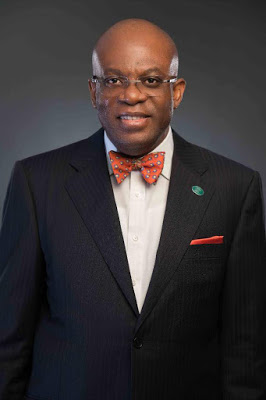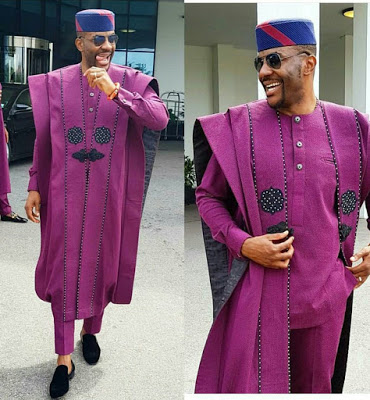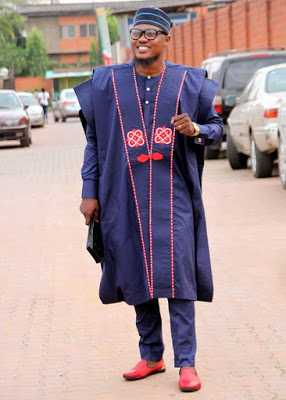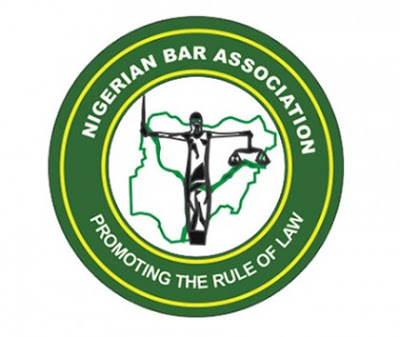This piece is inspired by leading actress,
activist and philanthropists, Omotola Jalade – Ekeinde, who via her works and
passion as always promoted the illumination of the African Spirit; the
Emancipation of the African mind and the strengthening of the African
Character. Most recently, on the 10th of February, 2018 and in
celebration of her 40th birthday, Omotola hosted the symposium
centered on the “Emancipation of the Black Race from Mental Slavery”.
I believe most
people have an idea of what it means to be mentally enslaved or at least
believe that they do. Some will think of it as a distant mental state, that
plagues others but of which they are immune. What would you say if I told you
that 99% of all Nigerians are mentally enslaved.
I know in typical
Nigerian fashion, many have murmured “God forbid” under their breaths and some
others would remain confident that they are one of the lucky 1%, for they cannot
be part of the madness called Mental Slavery. Probably because they are wealthy,
have travelled to many parts of the world or even because they are professors,
doctors, lawyers, senators, political leaders, have many degrees or are simply
educated. But do not be deceived, rebuke it all you want, be assured that in the
mind of every Nigerian lie the chains that have held us long bound in mental
slavery not because Mental Slavery is a Nigerian thing, it is the dilemma of
the Black Man, no matter the city, country or continent in which he finds
himself.
In the early
1500’s, slaves were transported from West Africa to America through Badagry. It
is reported that Badagry exported no fewer than 550,000 African slaves to
America during the period of the American Independence in l787. According to Olusegun
Mobee in his book, “History of the Mobee Family of Badagry and Their
Involvement in the Slave Trade“, Mr. Mobee states, “Slaves were
never captured in Badagry…As a matter of fact, then, slavery was a recognized
institution all over the world. Slaves were employed by Kings, Chiefs, and
wealthy people in their houses as domestic servants. A man’s economic and
social status were assessed by the number of slaves he possessed. This type of
slavery was known as domestic slavery and usually, many of these slaves were
captives of war. But many of the slave owners on learning that European slave
merchants were besieging Badagry with goods such as iron bars, cotton, wool,
linen, whiskey, gin, metal wares, and assorted wines in exchange for slaves,
wasted no time to bring their domestic slaves to Badagry with the hope of
exchanging them for the listed items. It was confessed that the prospects of
Trans – Atlantic Slave Trade fueled into tribal wars in Yorubaland as the kings
and slaves who had taken part of the European slave merchants’ offer, went all
out to wage war on the other towns and villages with the sole aim of getting
slaves to be exchanged for wine and guns.”
But how has the
slave trade affected the mental faculties of the Nigerian till date? And Why
has the black race and the African continent been the biggest liability to the
world. This is beacuse Africans for generations have been made to believe that we are
second class citizens of the world.This has hit the psyche of the Nigerian most
especially. We have been brain washed to believe that our cultures and norms
are second place. For instance, we celebrate Hollywood over Nollywood; we
celebrate Angelina Jolie over the likes of Omotola Jalade; we trust their
healthcare systems over ours; we value their education over ours and pay huge
sums of dollars and pounds to get a foreign degree; we have doctors but travel
abroad especially if among the wealth and political class; we have tagged our
indigenous religions witchcraft and voodoo, something evil while we have
embraced Christianity and Islam. Most recently, many Nigerians have paid their way to slavery as seen recently from news reports in Libya.
I remember
sitting at a Bar with a British Lawyer in Dubai. I was in town for the
International Bar Association Conference but he was at that time working in the
city. After a while into our conversation, he asked me where I was from and I
responded Nigeria. He said, he knew I was Nigerian by origin but was asking
where in the UK I was based. I told him
I was based in Lagos and he looked in disbelief. I never forgot till this day
when he said he never believed anyone out of Nigeria could speak so well. He
told me, I speak well for a black person and must have been foreign trained because
he could not believe an African who was raised in Africa could speak so
well.
Colonialization is
another factor that totally disintegrated the Nigerian Spirit. The British colonized Nigeria in 1884.
The British controlled Nigeria by using authoritarian systems and by being
unafraid to use force and fear to keep Nigerians under control. In essence,
the British empowered the political class and used them to control the
populace. And the political class who wanted a sustenance of their status, used
every way they could find to stay relevant and disenfranchise the masses. This is why it must not surprise you that the class of 66 is still in control of Nigeria till date.
This has resulted in
a dog eat dog society, where everyone strived to join the privileged few and the
fastest way of making that achievement was by stealing wealth in the millions
and billions. Because the richer they became, the more they became members of
that elitist society. One will be called a big man and in public people will
hail you not because they love you but because they want to be like u. Rich,
corrupt, without decency and morals. A phenomenon that has continued till
this day.
The activities of
the Nigerian political class made matters worse for the Nigerian nation. The
political class reveled in squander, corruption, ethnic bigotry and a disregard
for Nigeria’s economic and social realities. This resulted in a society where we
have come to lack empathy for one another. We do not trust one another and are
always suspicious of each other. For instance, If you are a member of my generation,
you must be familiar with many of our parents who very realistic, they are
parents who would say “do not marry anyone from the Ibo Tribe or the Yoruba
Tribe or the Hausa Tribe. Some Yoruba parents go further to say do not marry
ijebus, or egbas or ijeshas. And when you ask why? The would likely respond
with reasons such as they are not trustworthy, they are fetish, their men are
wicked, their women are too independent minded and so many others reasons.
While we may not question their reality because it is borne from their
experiences, we must note that it is not our own.
The most
pertinent question at this time is how can Nigerians carve a new identity
for ourselves. To do so, I believe we must understand that we are not here to
pleasure ourselves, we are not here to fix ourselves or take care of ourselves,
we are not here solely to find means of making ourselves more comfortable,
for there is something wrong that is not allowing us to find our greatest meaning.
A new responsibility has been placed on the Nigerian, not anything new that we
have not known before. But if we have ever needed to step up and take
responsibility, we need it now. We must not tolerate the madness, we must not
create another type of madness that allows us to say we are the ones that are
sane. We have witnessed the rise of violence on the black man everywhere
especially in the United States of America and Libya.
We must not judge
ourselves based on what we have done for ourselves but on what we have done for
others. The big question therefore is how do we play our role in all of these
struggles.
Here are outlines
of how we may accomplish same –
1.
We must illuminate the African spirit, empower of
the African character and liberate the African mind.
2.
We must overcome the concept of black inferiority
with the truth of black humanity.
3.
We must reject the lie associated with black
people. That we are inferior and 2nd class.
4.
We must tell our story, like the saying goes; as
long as the lion does not bot have an historian, the hunter will always be the
hero.
5.
We must realize that no one but ourselves can free
our minds.
6.
We must deploy a superiority equal to any other nation
in the world.
7.
We must let our light so shine that the world would
see our good deeds, our impact, our contribution, our role to making mankind
great.
8.
We must ask questions on how we can be better, to take
a second look at our environment. Look at our space in which we have accepted
for hundreds of years and ask ourselves, what kind of components can we change.
We must redefine our decency, our truth and our justifications going forward.
9.
We must stop focusing on the little things that divide
us but look rather at the improvements we can make to our environment. So when
the people in the year, 2095 look that at the kind of impact that we made in
2018 and going forward, they would say the black race accepted a level of
responsibility that has defined the kind of peace they have accepted and the
race they have become.
10. Nigerians, most especially the youths must engage government and leaders continuously. Social media trends can be great for calling the attention of government to issues but it is not enough, especially when the energy is not channeled right.
In our emotional
emancipation, we must identify a healthy sense of self-esteem; to be free from
all thoughts of mediocrity, to learn that we can compete as a nation, as a
people on a global scale.
We must see
ourselves beyond the negative stereotypes. It requires no professional degrees
or complex government structures, policies, agencies or investigative
panel. It requires only a 4 letter word – CARE. You may be surprised at
what sort of solution I am proffering but you would be surprised to learn that,
something as simple as caring and kindness is far from us. Allow me to
illustrate further, sometime a few years ago, while studying for my Masters in
International Business Law in London, I was walking into a bank somewhere in
the Stratford, East London. Their bank doors are not similar to ours, they do
not have those intimidating security doors that’s takes one person at a time,
it was just a glass door. The White lady in front of me held the door for me
but I just walked through and let the door swing shut. But the person walking
in behind me almost walked into the door. I immediately felt bad and realized
at that point that I had failed in my social responsibility. I had to apologise
to the person and always held the door for others behind me since that day. Further
because I realized it was part of their culture to just look out for one
another, irrespective of race or colour, a kind of social kindness I had not
experienced before.
But replay that
same scenario in Lagos and you would get a different reaction. If you mistakenly go further to complain, you
may get a response such “Oga, you sef no get eye”,” You no fit see say door dey
there” or “na me be your gateman ni?”. Not surprisingly, 2 weeks ago, I was walking into church on Sunday and
the I had to catch the door before it hit my face, because the gentleman who
was ahead of me just let it swing shut without minding the faith of the person
coming behind. Thank God say I get eye.
But I reminded
myself that day of our painful past and experiences, we
have become an uncaring people and I don’t just speak about Nigerians, I speak
about the black man as a whole. Going forward Nigerians must not see
material realities as testimonies but as tools of effectiveness. Like my
mentor, Olakunle Soriyan says, we must realize that it is the smallest of our
character that makes a man acquire a thing and think that his life can be
better because of it. We must audit our sense of mission and ask questions
about our morality and what the material can represent. We must ask serious
questions of our lifestyles. We must reject the impulsion to use our skill and
position as a means of showcasing our nuisance value but use them for deeds
that society can be grateful for. This is critical and must be done as a matter
of supreme urgency.
Adedunmade
Onibokun
#Omotola4point0
